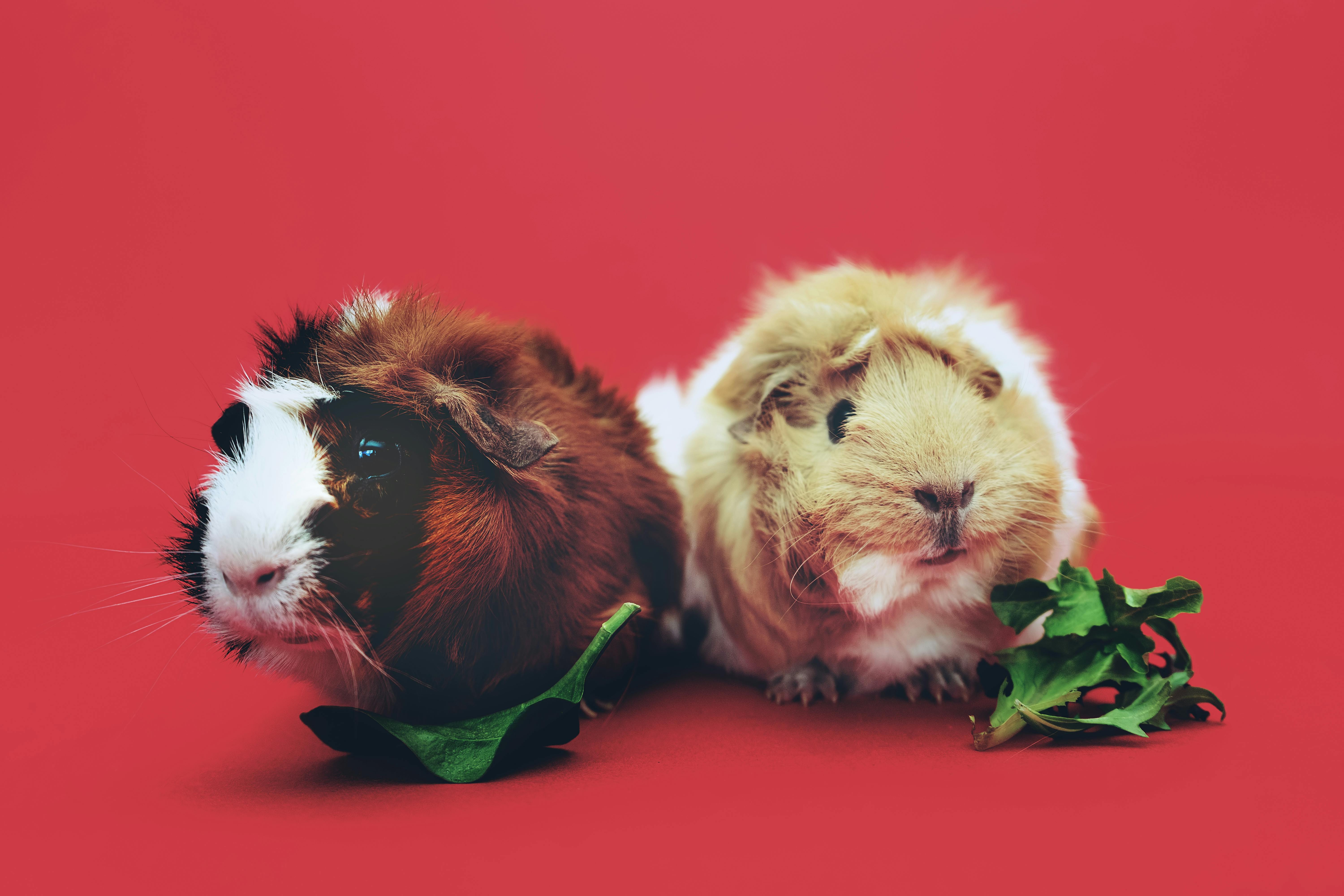
Fact 1: A Fractional Country
Guinea-Bissau is one of the smallest countries in Africa, with an area of approximately 13,947 square miles. This makes it only a fraction larger than the state of Maryland in the U.S.A!
Fact 2: African Venice
The Archipelagos of Guinea-Bissau, Bijagos, are sometimes referred to as the 'African Venice' because of the unique interplay between the land and sea. With over eighty-eight islands and a broad range of ecosystems, it's a paradise for nature enthusiasts.
Fact 3: Unique Languages
While Portuguese is the official language, most people in Guinea-Bissau speak Kriol, a Creole language born from the blending of African languages with Portuguese. It’s a unique linguistic amalgam!
Fact 4: Cashew Kingdom
Guinea-Bissau is the world's fifth-largest cashew producer! Cashew farming has such an essential role in the nation's economy that export taxes on the product constitute a large part of the government's revenue.
Fact 5: Independence Day
Guinea-Bissau only attained independence on September 10, 1974, after a brutal and severe liberation war against the Portuguese. The war was led by the African Party for Independence of Guinea and Cape Verde (PAIGC).
Fact 6: Turtle Territory
The Bijagós Islands in Guinea-Bissau serve as one of the largest nesting grounds globally for sea turtles, specifically the Green Turtle. These islands have been declared a UNESCO Biosphere Reserve due to their extraordinary biodiversity.
Fact 7: Music Melting Pot
Gumbe, a unique music genre, originated from Guinea-Bissau. It's a fusion of Portuguese folk music, Brazilian samba, and various West African music styles, reflecting the country's diverse cultural mix.
Fact 8: Portuguese Representatives
During the colonial era, Guinea-Bissau was represented in the Portuguese National Assembly by two chosen representatives who had veto powers over decisions affecting the colony. These representatives altered the colonial relationship between Portugal and Guinea-Bissau significantly.
Fact 9: Forested Land
Forests cover about 38% of Guinea-Bissau, and the country is particularly known for its Mangrove forests. These forests offer an essential habitat for migratory birds, fish, and other wildlife.
Fact 10: Soccer Fever
Soccer, like in many African nations, is exceedingly popular in Guinea-Bissau. The national team is called 'Djurtus,' and their Halloween 2018 victory over Zambia was a significant milestone in their football journey.
Fact 11: Majority Followers
Approximately 50% of the country's population practices Islam. Meanwhile, indigenous beliefs and Christianity account for most of the remaining religious affiliations.
Fact 12: Traditional Music Instruments
Guinea-Bissau is home to a unique calabash instrument called the ‘Calebasse.’ It's used in traditional music and rituals and helps produce the rhythmic beats symbolic of the nation’s music.
Fact 13: Biosphere Reserve
The Bijagós Archipelago became a UNESCO Biosphere Reserve in 1996. The site is characterized by its extensive marine, tidal, and freshwater habitats, per the organization's site.
Fact 14: Political Unrest
Guinea-Bissau has had twenty-five prime ministers since achieving its independence in 1974, a shocking rate of turnover speaking to the country's political instability.
Fact 15: The Sacred Forest
Cantanhez Natural Park, located in the south, is known as a 'sacred forest.' Many locals believe it to be a sacred place inhabited by spirits and ancestors. It's a sanctuary to over 1,600 chimpanzees.
Fact 16: Hard Workers
Guinea-Bissau has a high employment rate, with approximately 80% of the population engaged in farming and fishing. Yet, despite the general commitment to work, it's still one of the poorest countries globally.
Fact 17: Marketplaces as Social Hubs
The Bandim Market in the capital, Bissau, is a hive of activity and a social center for locals. It’s more than just a shopping spot; it’s a place where locals socialize, catch up on gossip, and enjoy a refreshing palm wine.
Fact 18: Voodoo Practice
Voodoo is widely practiced in Guinea-Bissau, especially in the countryside. Ritual ceremonies often happen at night near secluded sacred places, usually under tall and old trees.
Fact 19: Colonization and the Slave Trade
Like many other regions in Africa, Guinea-Bissau was entangled in the slave trade's grim history. After the Portuguese reached Cape Verd in the 1440s, it became a crucial place for buying slaves to ship to the New World.
Fact 20: Rich Culture
Despite its challenging history and economic struggles, Guinea-Bissau is celebrated for a rich culture and a strong sense of community. The people are acclaimed for their optimism, hospitability, and resilience, which add sparkle to this West African nation.